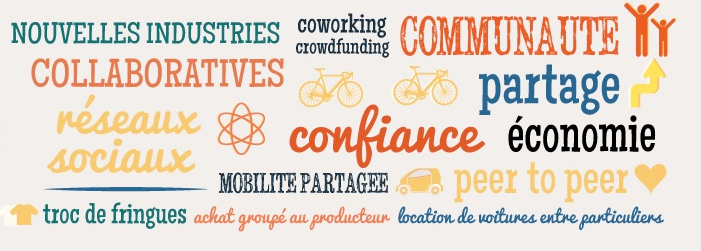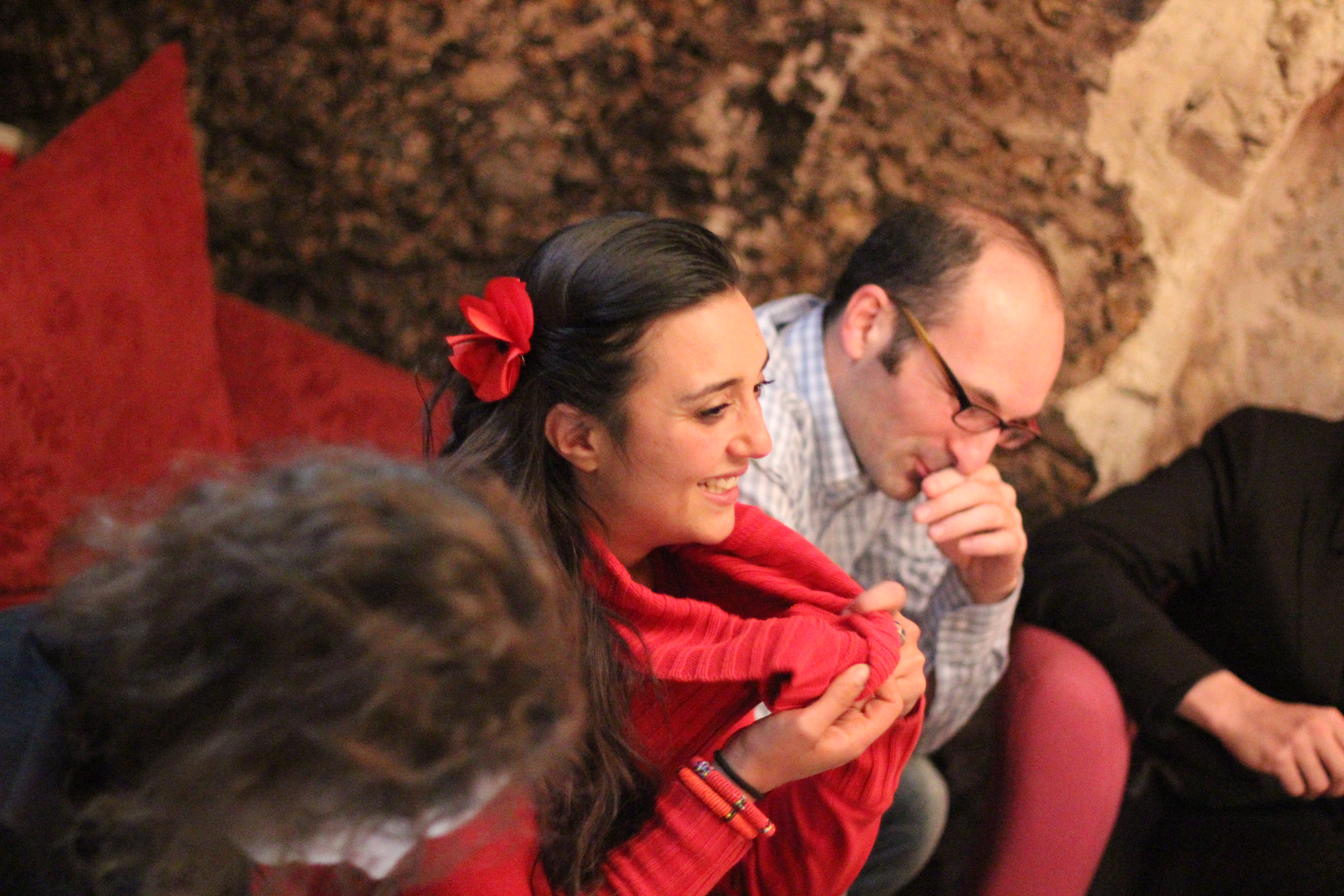During the OuiShare Fest may the 3rd we facilitated a round table on Collaborative economies and legacies : friends or foes? with actors from both sides. A keynote by Javier Creus introduced the roundtable and a workshop concluded the afternoon.
What is at stake ?
The Collaborative Economy is thriving in times of systemic change, and its players grow at a tremendous pace, while legacy businesses are observing. However, these two families share the same reality and live in the same world: they can clash, or they can collaborate. The purpose of this track is to explore a new framework for collaboration between these two worlds.
The framework introduced by Javier Creus
Who was at the roundtable ?
- Anthony Deydier (La Poste)
- Alexandre Grandrémy (Deways)
- Rudy Cambier (Happycurious)
- Rich Radka (Claropartners)
Bios and details available Here
Main points raised during the discussion
Level of awareness inside corporations is still low
All participants agreed that the level of awareness of « collaborative economy » is low inside large corporations. Studies led by Happycurious and Claro Partners support that with analytics and testimonies from both Anthony Deydier and Alexandre Grandrémy supplied interesting case studies.
Beyond this, when corporations are aware of collaborative economy initiative the first reactions are regularly either
« we are not in that kind of business, we are not concerned »
or
« this is a major threat for our core activity »
Some collaborations do exist
Even if they are still limited in number, collaborations are in place between legacies and collaborative economy initiatives. Anthony Deydier (La Poste) notes these collaborations are interesting for three reasons :
- they contribute to raise awareness inside the company
- some of them may conclude in new revenue sources
- they foster « open innovation » strategies
Alexandre Grandrémy added to these three reasons a « communication » reason. For some corporations, developping collaborations with collaborative economy startups is a way of appearing as innovative and opened in their industry .
What are the main barriers for those collaborations ?
Anthony Deydier and Alexandre Grandrémy basically discussed two main reasons explaining why those collaborations are difficult to implement : a timeframe difference and an organisation labyrinth.
For us, days are months and for large corporations, it takes several months to start discussing. (Alexandre Grandrémy)
We are always surprised to see the number of meetings and discussions with people from various part of the organisation the startup undergo. It’s a waste of time and resources for both of us (Anthony Deydier)
During the Workshop 5 strategies were identified and discussed
The participants gathered in three groups centered each in one company (Orange, La Poste and BNP Paribas).
The questions that guided the workshop were :
- what idle resources could the corporations supply the community with ?
- What would be the collaborations between collaborative economy startups and legacies ?
5 main strategies emerged from the discussions :
- Internalize : use and foster collaborative services among their employees (eg : housing sharing, car sharing, …).
- Participate : open some of their idle resources to the communities and ecosystem (eg : offices)
- Enable : develop specific supportive services / technologies to the collaborative economy (eg : digital ID from La Poste)
- Support : supply seed funding and organise startup competitions to raise their visibility
- Contribute : use their resources to contribute directly to collaborative initiatives (eg : maps crowdsourcing through postmen)
A last category was also discussed : PLAY
illustration extraite du site Consocollaborative.com






